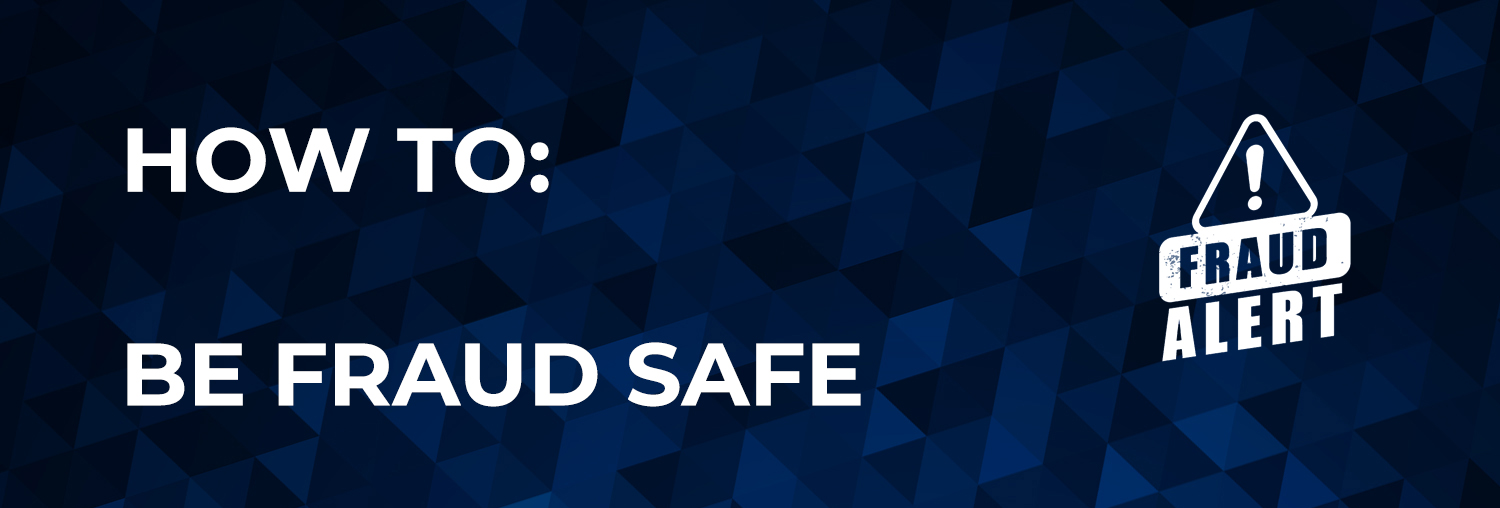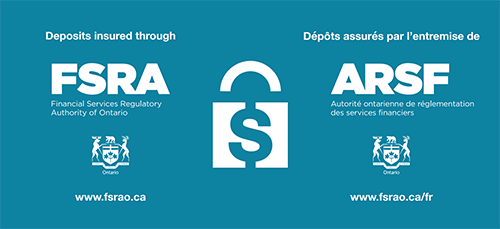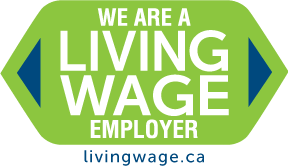- Phishing – This is where criminals attempt to access your confidential information. This is done either by an email request for information or by leading you to a fake website. Do not click on any website link. Always type mcccu.com into your browser directly.
- Vishing – This is when you receive a call where the individual pretends to be from the credit union and gets you to reveal personal information such as your username, password and PIN. Never do this regardless of the information they may already have about you.
- Smishing – This is done through the use of an SMS, whereby you are encouraged to disclose personal information. The fraudster will pretend that the message is from the credit union and it will prompt you to select a link. Do not click on the link. MCCCU will never ask for your login details via email, SMS, telephone or any other channels.

TYPES OF DIGITAL FRAUD
DO’S AND DON’TS
- Never give your Online Banking username and/or password to anyone.
- Never give out your bank details to someone you do not know.
- Always type in mcccu.com in your browser.
- Review your transaction history regularly.
- Remember, MCCCU will never, under any circumstances, ask you for your password for your banking profile or your card CVV number.
When using the ATM be aware of your surroundings and do not allow anyone to look over your shoulder, assist you or interrupt you
SCAMS TO BE AWARE OF
- Fake fraud department calls
Be cautious of individuals claiming to be from Motor City Community Credit Union who request sensitive information or ask you to initiate transactions to prevent fraud. MCCCU will never ask for your banking password or card CVV number. If in doubt, terminate the call and contact the MCCCU member assistance line directly on 519 944 7333.
- SMS phishing
Beware of text messages stating that you need to follow a link in order to do something on your MCCCU account. These messages may contain links that lead to fake websites resembling MCCCU’s Online Banking. Never enter your login credentials, card number or CVV on such websites. Always access MCCCUs online banking platforms directly by typing www.mcccu.com into your browser.
- You’re a Winner
You may receive an email saying you have been selected as a winner in a lottery or competition. This is usually a scam. The scammer will try gain personal information, bank details or ask you to click on a link. If you haven't participated in the lottery or a competition do not click any links or reply to the email. Delete the email.
- You’ve Inherited Money
If you receive an email saying you are coming into funds from a distant family relative, it is unlikely to be true. Scammers will try convince you that a long-lost family member has left you funds and will try get your bank details from you. Do not click any links or reply to the email. Delete the email.
- A Family Member Needs Money
If you receive an email, a text message or a phone call saying that a family member needs money, make sure that the person does indeed need the money. Contact the family member back on a number or email you have for them, not via the number or email that contacted you on. Make sure you speak to the actual individual who needs the funds, ask them questions to ensure they are the actual individual and verify that they need your help.
BUYERS BEWARE
If you are buying an item ensure that you verify the person and the item you are attempting to buy is legitimate. From Facebook Marketplace to Cryptocurrency schemes, people will attempt to get you to buy something or give them money.
- We advise that you never hand over money without first seeing and verifying that the item does exist. Don’t feel pushed into paying a deposit without seeing the item or verifying the individual you are dealing with – if you do, it is likely a scam
- If you are contacted about purchasing cryptocurrency, we recommend you research the company that has called you. Talk to family members and other individuals to check if the company is legitimate. If you feel pressured to give them money or are asked for more money to help make back money that you ‘lost’ in the market, it is likely a scam.
The government of Canada has a website called The Canadian Anti-Fraud Centre (CAFC) that collects information on fraud and identity theft. You can visit their website to view more information on past and current scams affecting Canadians. - https://www.antifraudcentre-centreantifraude.ca/
Scams and cybercrimes can happen to anyone at any time. If you have been a victim of a scam, fraud or cybercrime, contact your local police as soon as possible. You should also report the scam, fraud or cybercrime to the Canadian Anti-Fraud Centre (CAFC) - https://www.antifraudcentre-centreantifraude.ca/report-signalez-eng.htm


